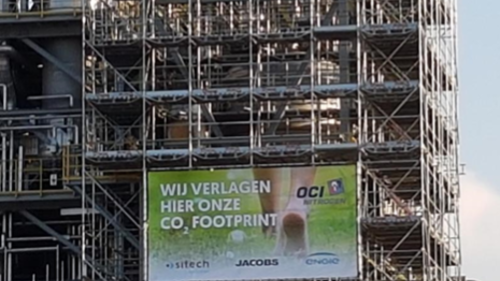
One of the company's melamine plants is undergoing a major maintenance shutdown, during which inspections, cleaning, and improvement projects will be carried out. The installation of a new energy-efficient 'stripper' is the most important project, aimed at reducing energy consumption and CO2 emissions. Over 1,000 stop points need to be processed within three weeks, requiring 500 people and 60,000 hours of work. Safety is a top priority, and the company is working on improving its safety performance through the 'One in Safety' campaign. The plant manager expects the plant to be in top shape and running at maximum capacity after the maintenance.
On average, one of our production plants is shut down for major maintenance (Turnaround) every four years. This month, it's the turn of one of our melamine plants. The plant will be shut down, maintenance work carried out, inspections conducted, cleaning operations performed and a number of major improvement projects implemented. According to Plant Manager Rob Jan Venhuizen: "The most important project is the installation of a new energy-efficient 'stripper', which will ensure that we reduce energy consumption and CO2 emissions."
Senior Turnaround Manager Frank Hovestadt continues: "Approximately 450 pipes, vessels, machines, valves and spring safety devices will be inspected during this shutdown. In addition, we also have 550 stop points for maintenance and improvement projects." So we have three weeks within which to process more than 1,000 stop points. This involves a total of 60,000 hours of work, which requires 500 people and calls for a great deal of preparation. "Work planners have looked at what the work involves in detail. They will assess any risks and put appropriate measures in place. In everything we do, safety comes first. We need to improve our safety performance, which is why we are working hard on our 'One in Safety' campaign.
Turnarounds are very busy times and require teamwork and team spirit. "Once the plant is in top shape again and running at maximum capacity, we'll be proud of a job well done," says Rob-Jan Venhuizen